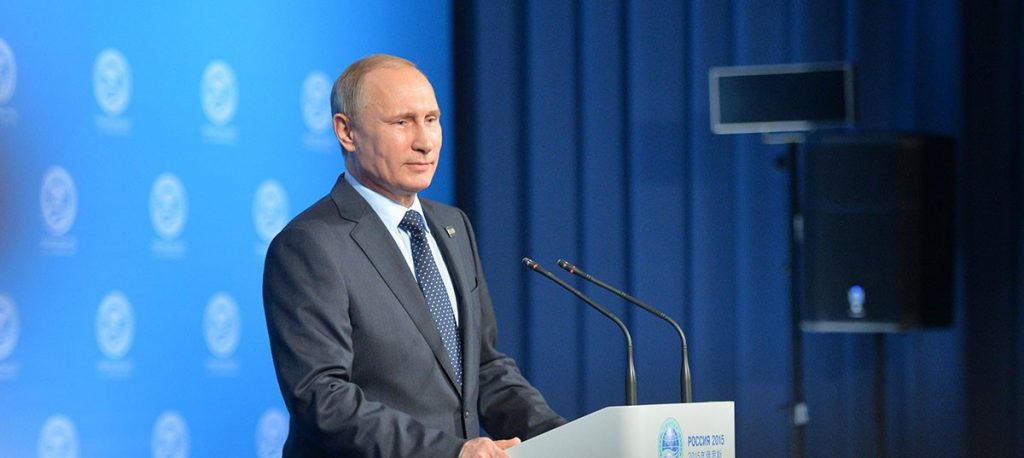What Comes Next After U.S. Strikes Tehran’s Nuclear Sites?

© Pixabay / Pexels
On June 22, CNN’s Fareed Zakaria GPS delved into America’s first direct strikes on Iranian nuclear facilities—targeting sites at Fordow, Natanz, and Isfahan—as part of a broader U.S.-backed campaign following extensive Israeli bombings earlier in the month. These strikes mark the sharpest escalation in U.S. involvement since October 2024.
Damage Assessment: Mixed but Significant
The International Atomic Energy Agency, as guest Rafael Mariano Grossi explained, confirms a clear impact on all three sites. Natanz and Isfahan suffered extensive above-ground damage, while Fordow shows evidence of penetration, though the full extent underground remains unknown. CNN noted serious yet varied outcomes: some systems “obliterated,” others still intact, legacy infrastructure.

Iran’s Calculated Response to the U.S.
Analysts on CNN—including former NATO Admiral James Stavridis and CFR President Richard Haass—predict Iran is unlikely to take radical action. Far more probable are targeted missile barrages, diplomatic efforts using proxy states, or signaling moves such as threats to shipping lanes, not a full-scale military retaliation.
Israel’s Position and Regional Dynamics
CNN’s “State of the Union” segment featured Israeli President Isaac Herzog supporting U.S. strikes as “historic” and necessary, while acknowledging that Iran’s response could heighten tensions in surrounding nations. Notably, CNN’s Clarissa Ward reported an immediate Iranian missile barrage on Israel, causing dozens of injuries and widespread shelter orders.
Flashpoints Ahead
Two critical risk zones are emerging:
- Iran’s technological resilience: Will Tehran retreat, deepen its nuclear work underground, and emerge from the shadows?
- Unanticipated military escalation: Stavridis warned Iran could close the Strait of Hormuz or target U.S. bases—moves that may force a harsh U.S. response.
CNN emphasizes that while U.S. leaders aim to avoid long-term involvement, they are pre-positioning naval assets, including three carrier strike groups in the Eastern Mediterranean, anticipating further fallout.

Diplomacy or Domino’s?
CNN’s John Bolton weighed in on State of the Union, endorsing decisive action but noting that a strong Iranian counterattack would justify U.S. military escalation, though he ruled out the likelihood of deploying ground troops. Meanwhile, diplomatic voices point to stalled nuclear negotiations with Iran, with the next round scrapped amid renewed hostilities.
You might also want to read: Trump Demands “Unconditional Surrender” from Iran


